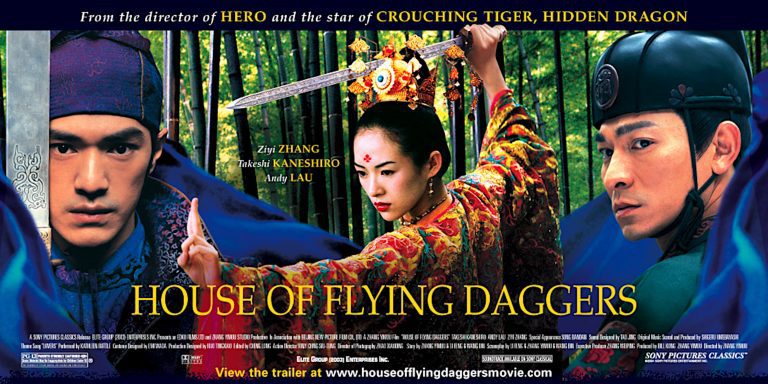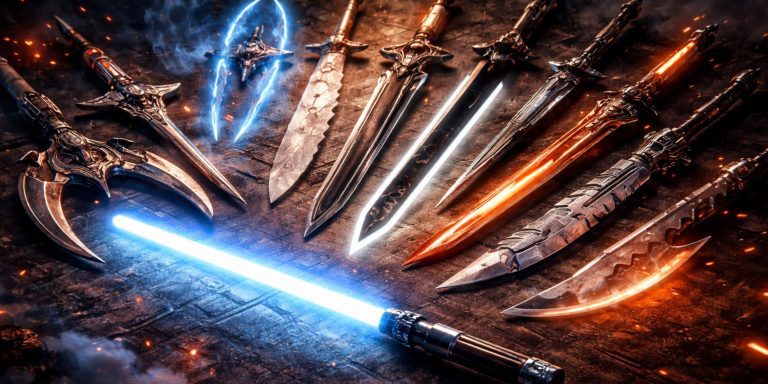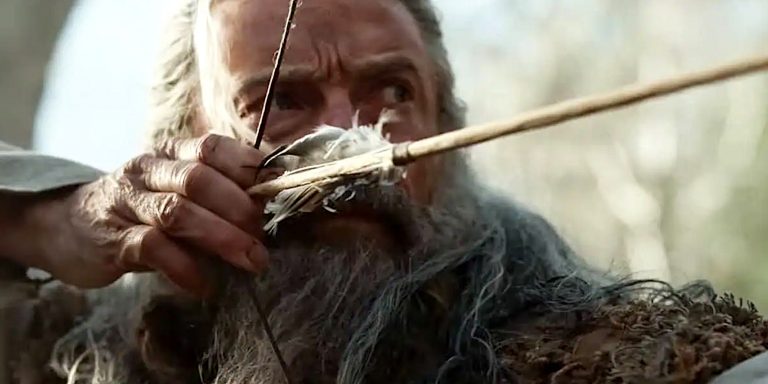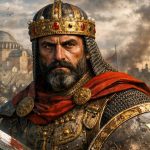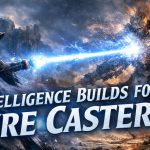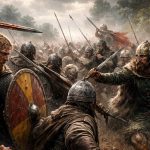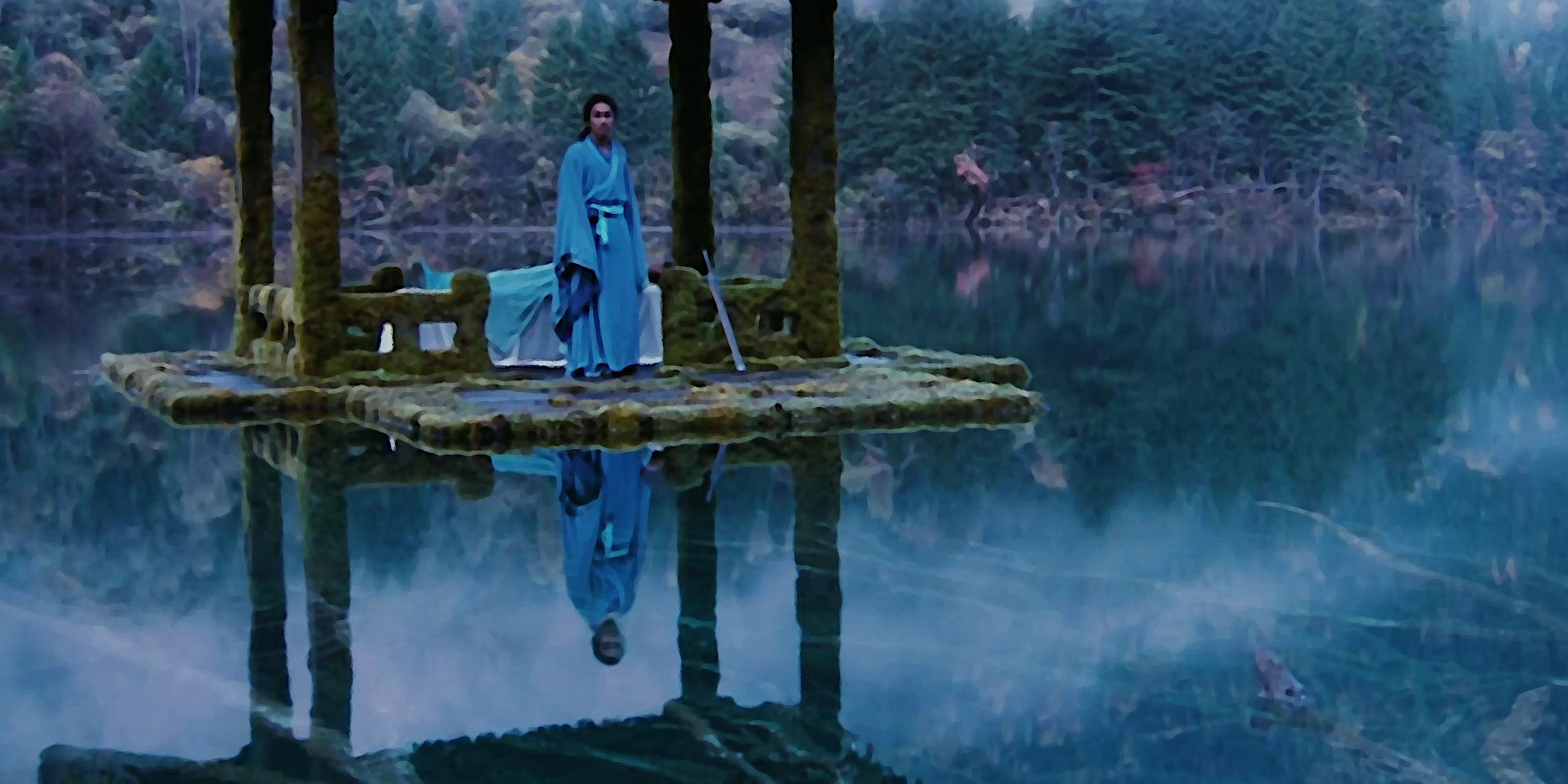
One of the most visually striking scenes in Hero (2002) takes place beside a still, silver lake. Here, martial arts are not reduced to brute force or spectacle. Instead, they become a form of expression, closer in spirit to ballet than to battle. This sequence offers a distilled example of wuxia’s capacity to transform violence into poetry.
Choreography as Language
The duel between Nameless and Broken Sword is not a typical cinematic fight. Rather than speeding through action, the scene lingers. Each movement is measured, stylised, and deliberate. The fighters don’t exchange words, but they communicate through gestures. Swordplay becomes a language, used to express past grievances, inner conflict, and mutual respect.
Their movements are framed by a minimalist environment. The lake, smooth and undisturbed, reflects the fighters as if they exist in a dream. The slightest disruption of the water feels significant. Every motion, no matter how subtle, is heightened.
Symbolism and Setting
Wuxia often uses natural elements as emotional backdrops. In this scene, water serves as more than scenery. It symbolises reflection, calm, and transience. The duelists move across its surface, suspended between action and contemplation. Their reflections blur and vanish as the tension rises, reinforcing the fragile balance between intention and outcome.
The arrows frozen in mid-air at the beginning of the scene are more than visual flair. They signal a pause in time, a moment carved out for introspection. This is not a fight for survival. It is a demonstration of ideals.
Rhythm Over Brutality
What separates this scene from most action cinema is its pace. There is no frantic cutting or aggressive choreography. The rhythm is slow, methodical, almost meditative. The viewer is asked not to focus on who might win, but on how and why the characters fight at all.
The duel plays out like a ritual. Victory is secondary. The real emphasis is on restraint, grace, and understanding. Wuxia, in this sense, is not about domination but about the exploration of honour, loyalty, and moral ambiguity.
Martial Arts as Performance
Comparing this scene to ballet is not about softening its impact. Ballet, like martial arts, is physically demanding and emotionally charged. Both rely on discipline, control, and the ability to convey narrative through motion.
In Hero, martial combat is elevated to performance. The duel by the lake strips away practical concerns and focuses entirely on emotional truth. Each stance and strike becomes a brushstroke in a larger painting, revealing character through form.
The Seven Swords Takeaway:
The lake scene in Hero stands as a testament to what wuxia can achieve at its most refined. It replaces noise with silence, force with precision, and victory with reflection. In doing so, it invites the viewer to read a fight as one might read a poem: slowly, carefully, and with attention to meaning beyond the surface.
Watch the scene:

